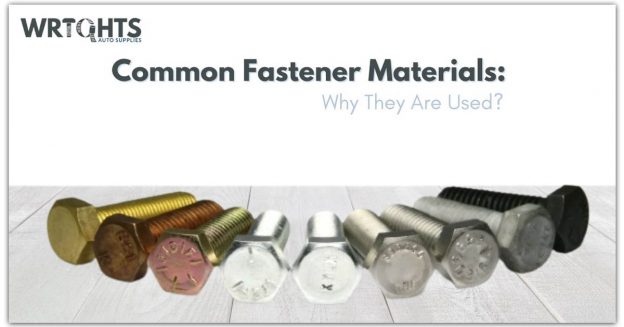Fasteners are the core of every piece of machinery and the material of the fastener affects its workability. They provide the support and strength required to hold the machine together. Machines used in the field of construction, manufacturing, and industries witness the highest use of nuts and bolts. The materials used in their manufacturing play a vital role in their longevity and performance. Such as stainless steel, bronze, or alloy, every different material fastener has industry-specific applications. So, if you are confused about what factors go into selecting the right fasteners according to their build materials, this article will help you clear it.
Common Fastener Materials and Why They are Used?
Steel

Steel is the most common fastener material used worldwide. You can choose from a variety of grades depending upon the requirements.
Steel is used because of its high degree of formability coupled with tensile strength and durability. It is also relatively inexpensive to fabricate hence cheaper than stainless steel. But it is susceptible to rust.
Bronze
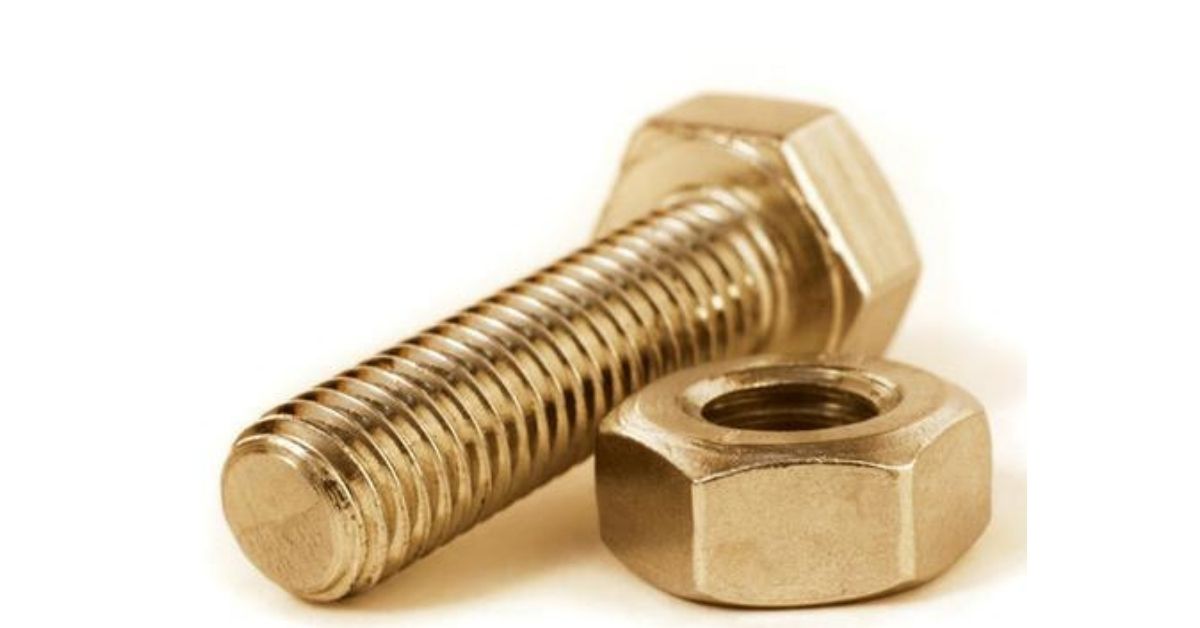
Bronze is commonly referred to as Silicon Bronze. This alloy is a blend of copper and tin plus a small portion of silicon.
Bronze has high corrosion resistance. That’s why it is well-suited for marine applications, such as shipbuilding or underwater construction.
Stainless Steel
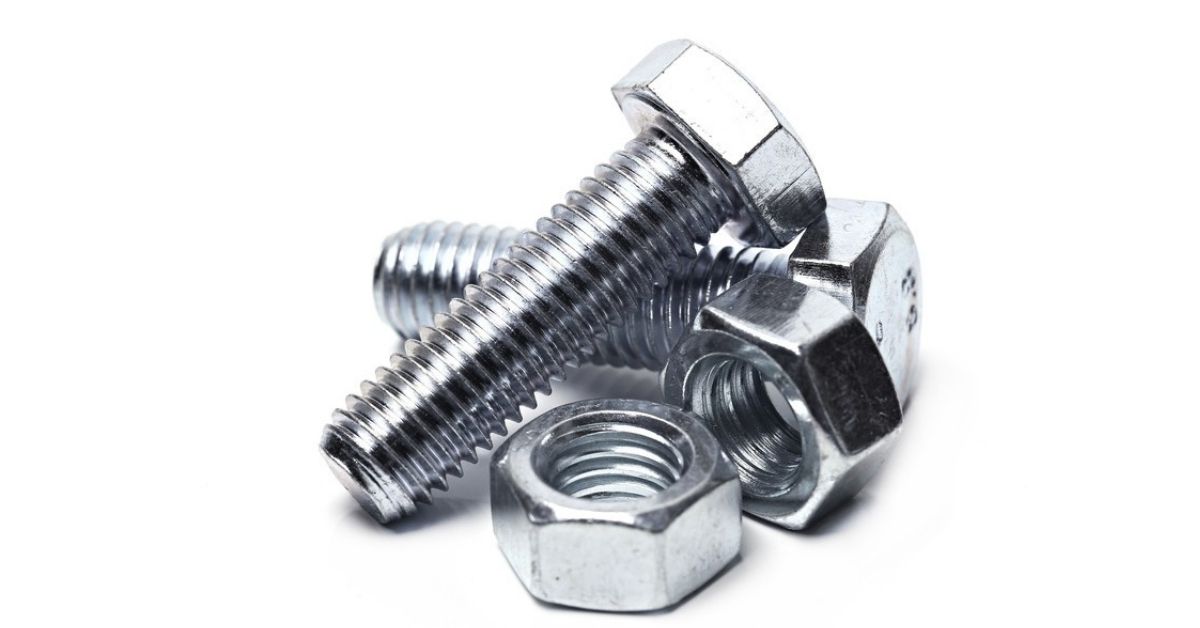
Stainless steel is an alloy that combines the qualities of low-carbon steel with chromium and nickel in specific proportions.
Stainless steel is used in making UNF Bolts as it provides tough corrosion resistance and can withstand considerable physical strain without cracking
Brass
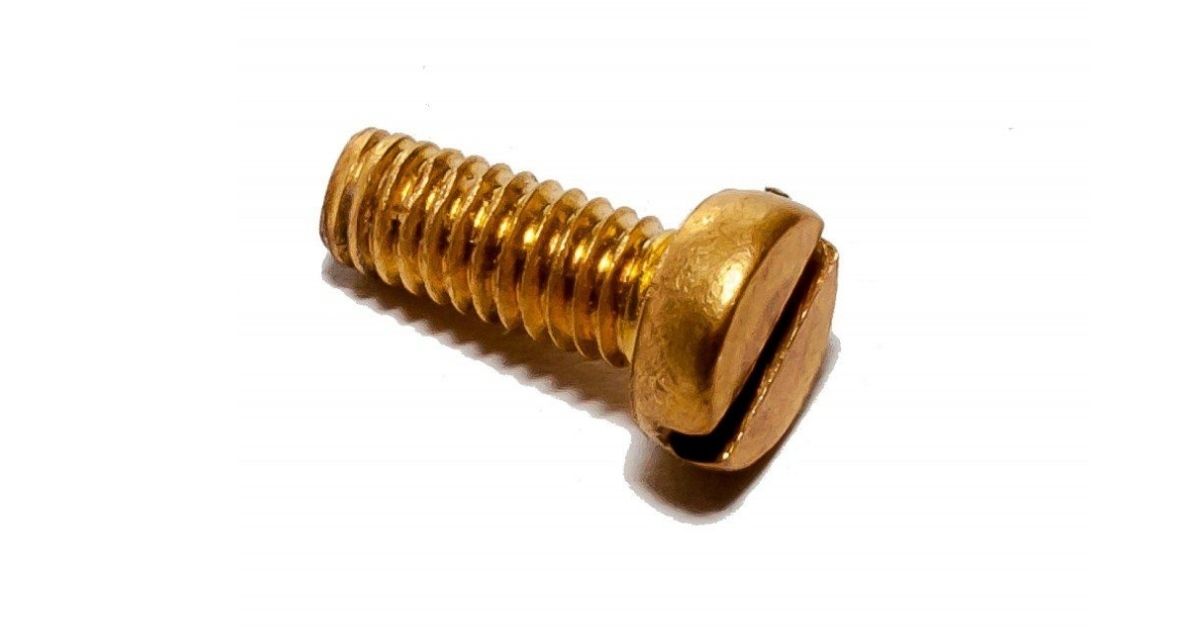
Brass is another alloy generally made from a mix of copper and zinc. It is a highly corrosion-resistant alloy and a good electric conductor.
Brass is widely used as a common fastener material because of its anti-corrosive and electric conductivity properties.
Alloy Steel
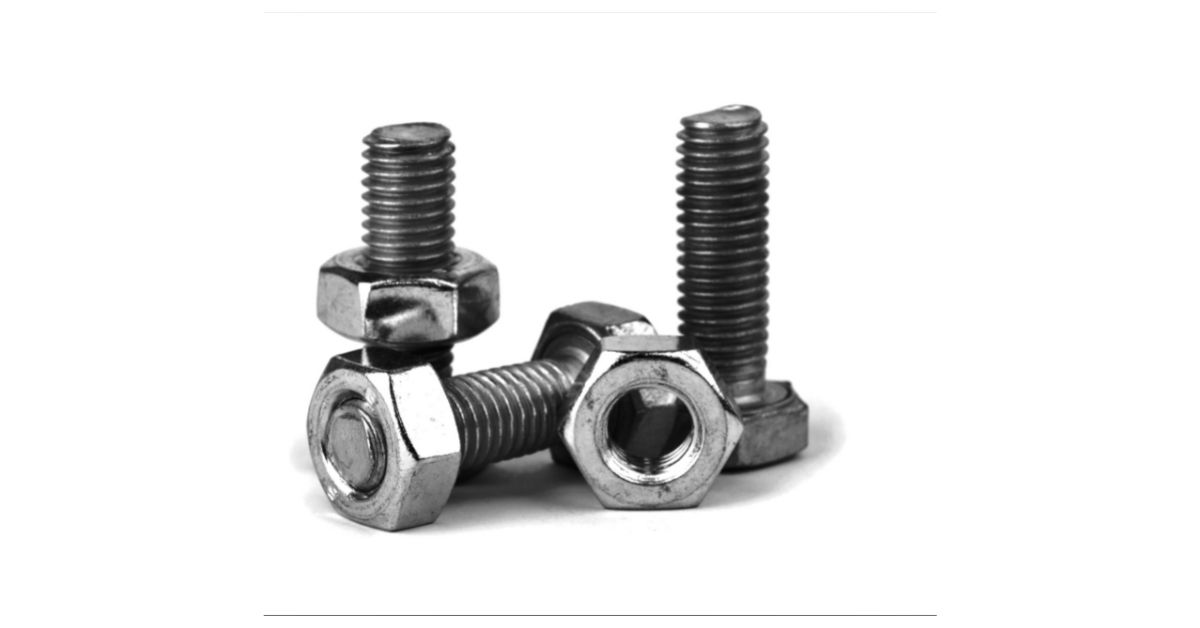
Alloy steel nuts and bolts are made from a super-strong steel alloy. They usually go through heat treatment for further strengthening.
The reason to choose alloy steel is its stress-proof property and high corrosion resistance.
Aluminum
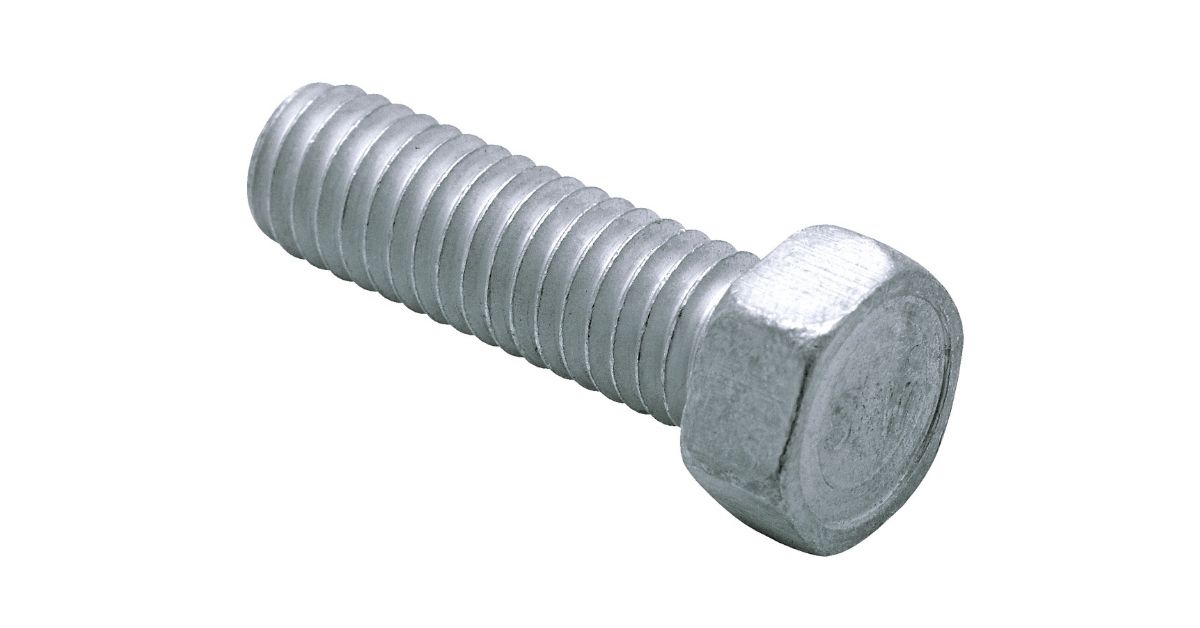
Aluminum is a lightweight metal. Usually, an alloy is used like silicon, manganese iron, copper, or zinc for fasteners. Rivets are mainly aluminum.
Aluminum is widely used in manufacturing because of its intrinsic properties of lightness and corrosion resistance.
Chrome

You would commonly find chrome plated nuts and bolts and other types of fasteners. Chrome enhances the appearance of nuts and bolts.
Chrome is mostly used in high-end metal products because of its corrosion resistance property and premium look.
How do you Choose the Right Fastner Material? What are the Criteria?
The selection of fastener materials is primarily determined based on application conditions and requirements. There is no point in going with expensive alloys when the simple carbon steel bolt serves the purpose. You should assess the requirements and choose the material accordingly. Tensile stress is the most crucial thing for you to assess. Select a bolting material that has good tensile stress. Stainless steel has the highest strength, and hence it can be quenched and tempered. It can easily reach around 2000 N/mm². Stainless steel is even much stronger than titanium grade 5, therefore it is widely used in industrial and automotive applications.
Now that you know about the common fastener materials and are looking for a place to buy the perfect fastener, visit Wrights Auto Supplies. We have a large selection of various nuts and bolts. From UNF Bolts to Stainless Metric Bolts, we have assortments of all. All products come with reasonable prices and fast shipping. You can also call us at 02476 470377 if you have any specific requirements.

